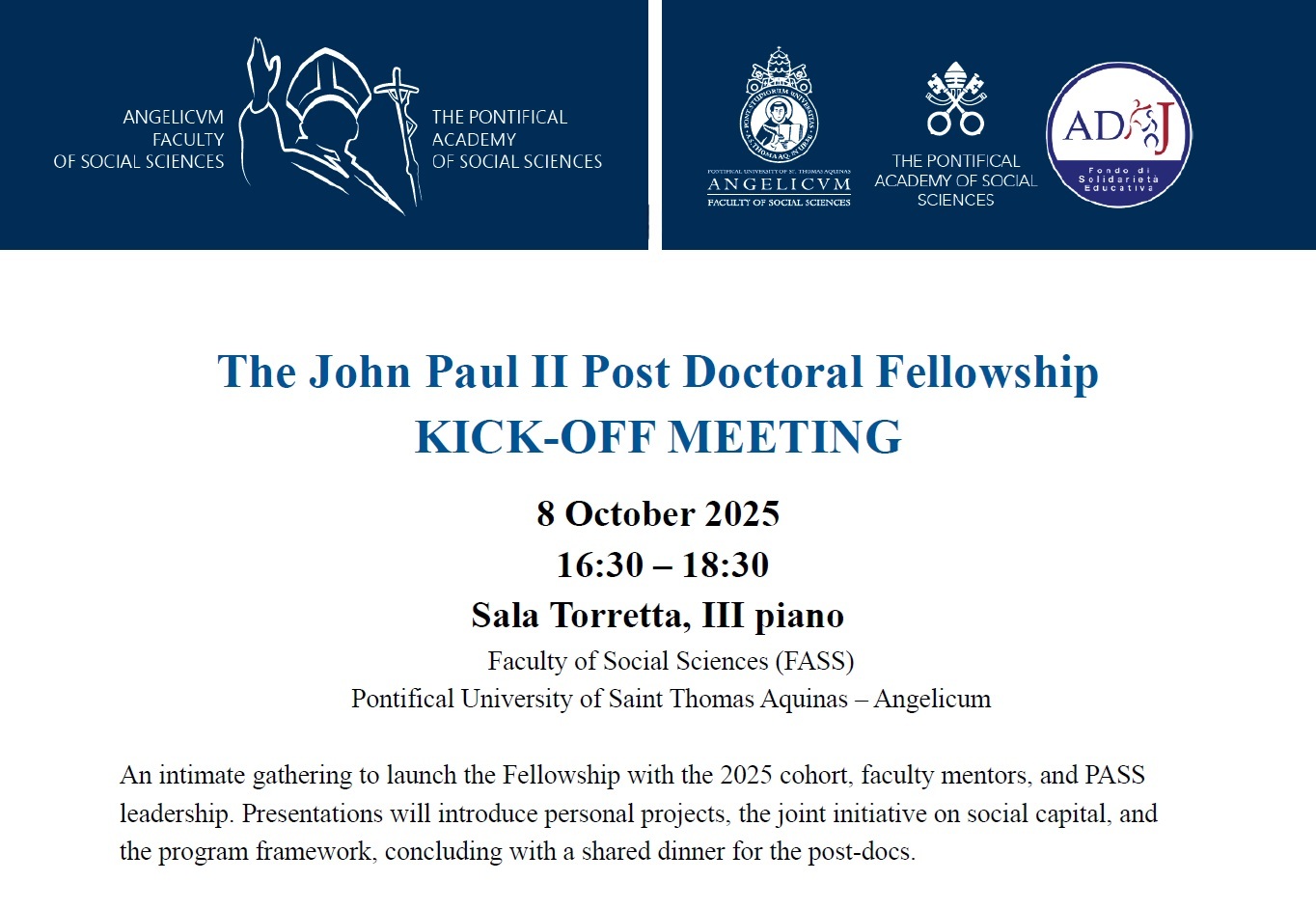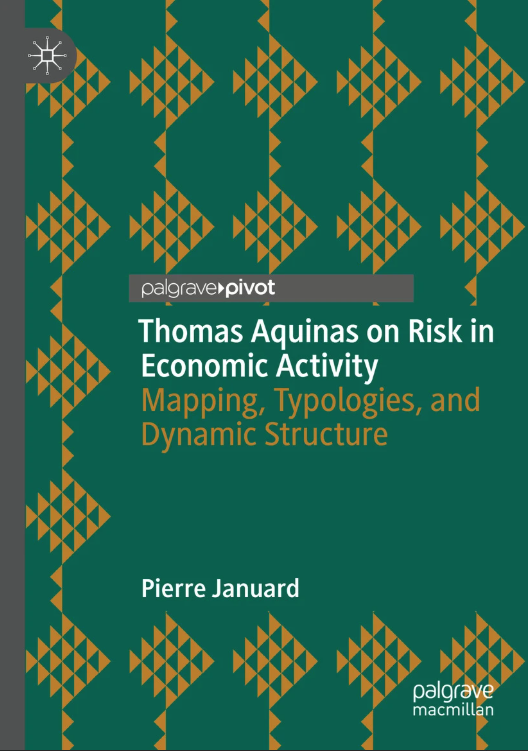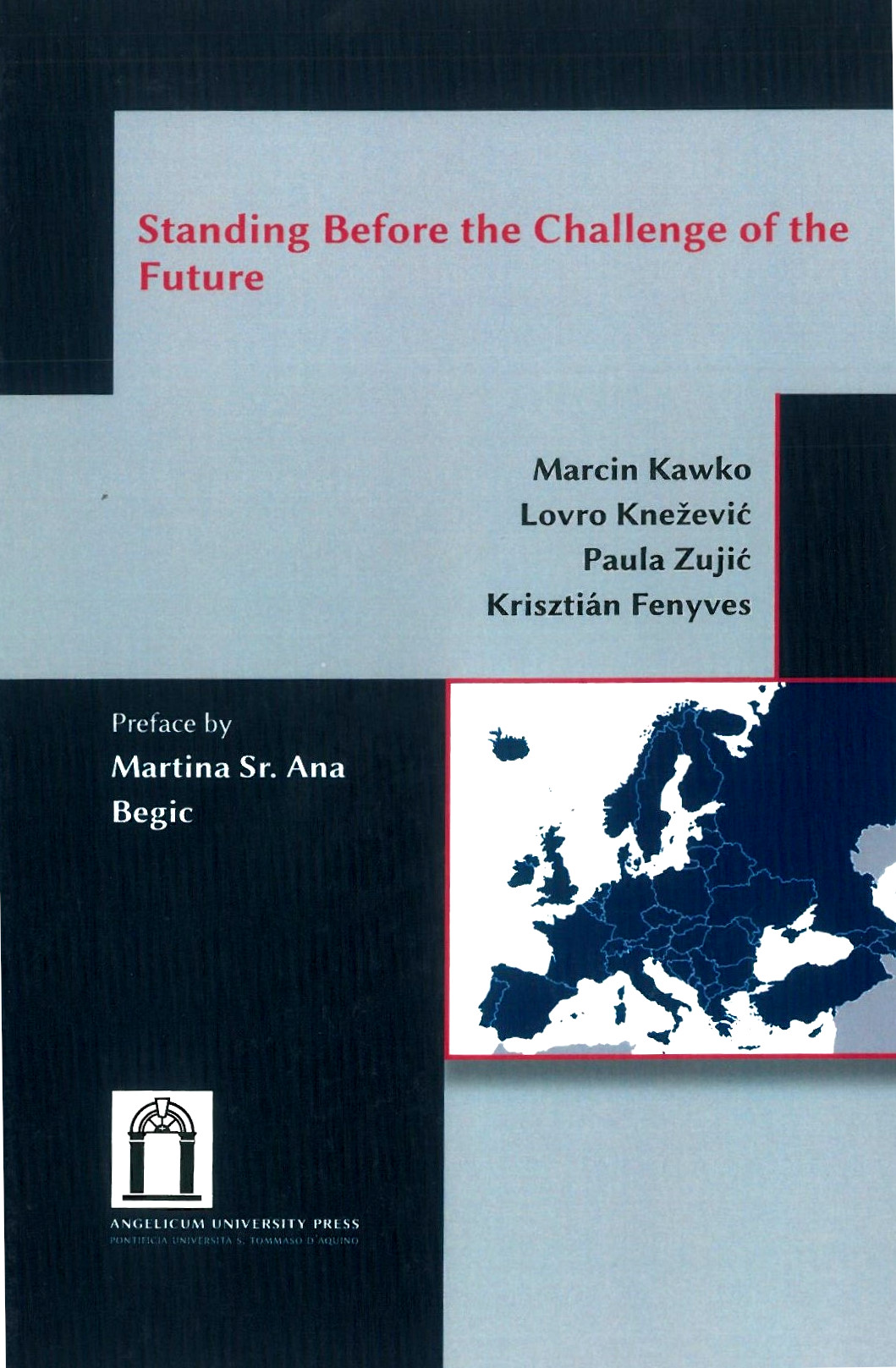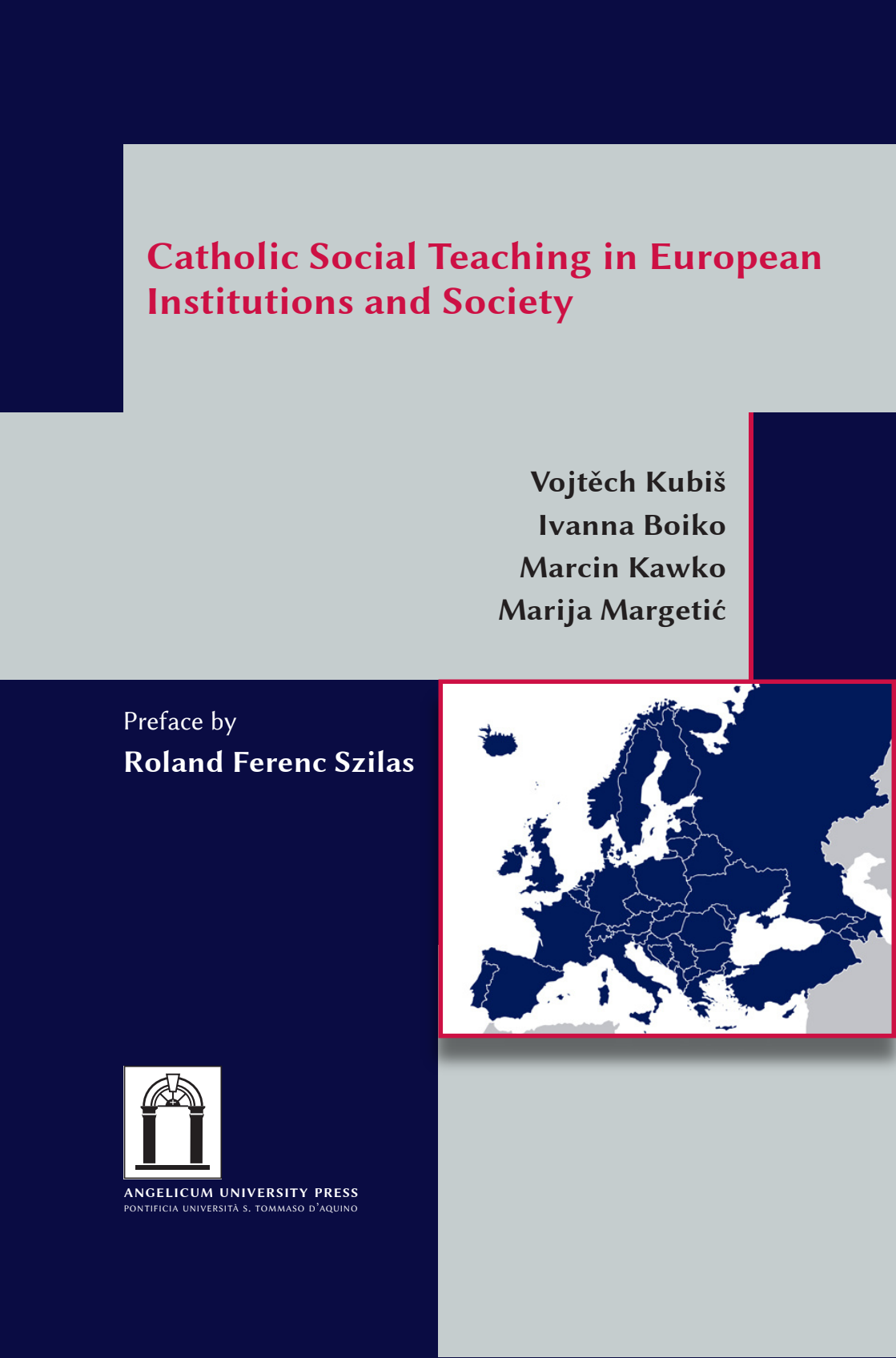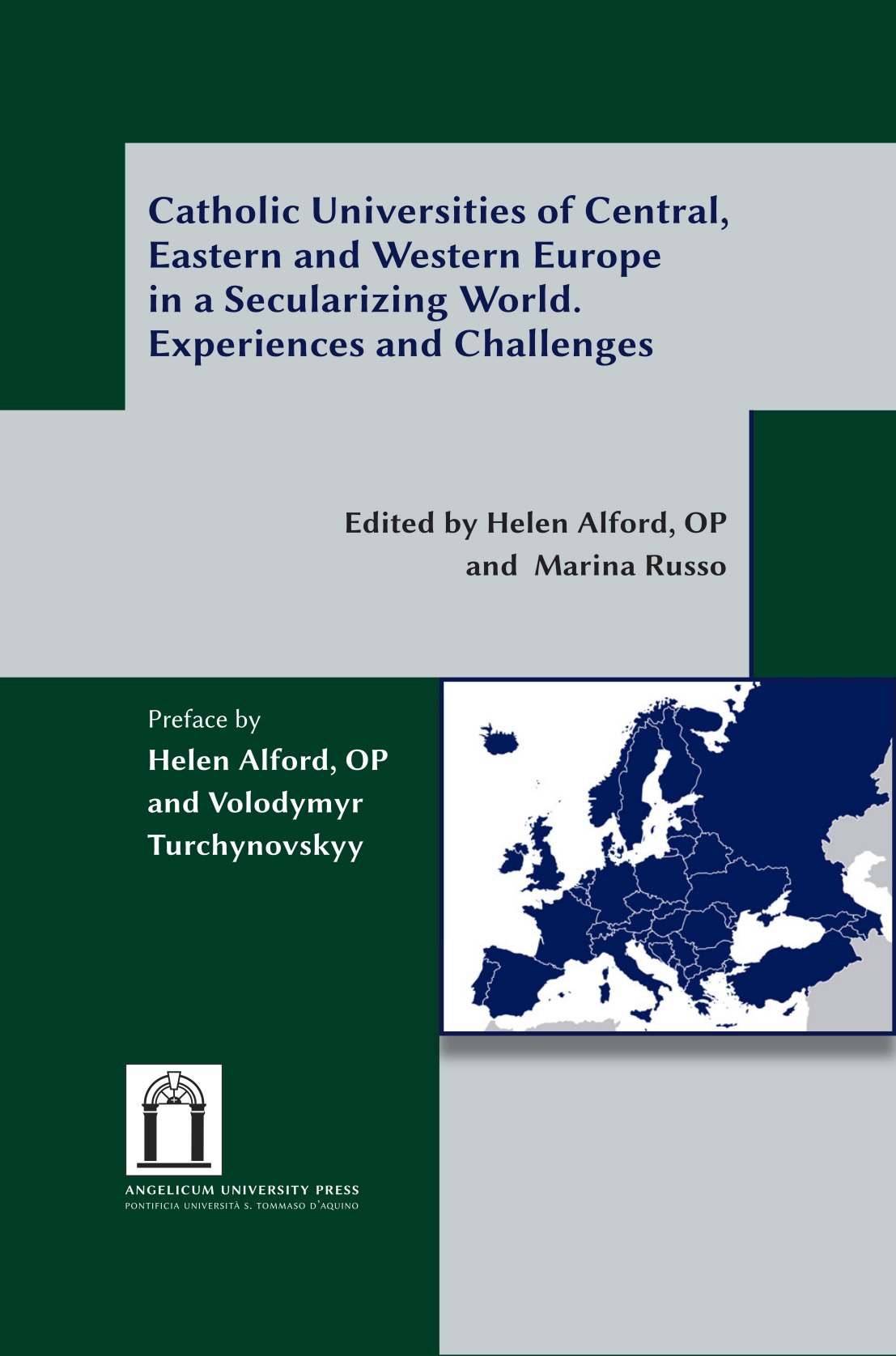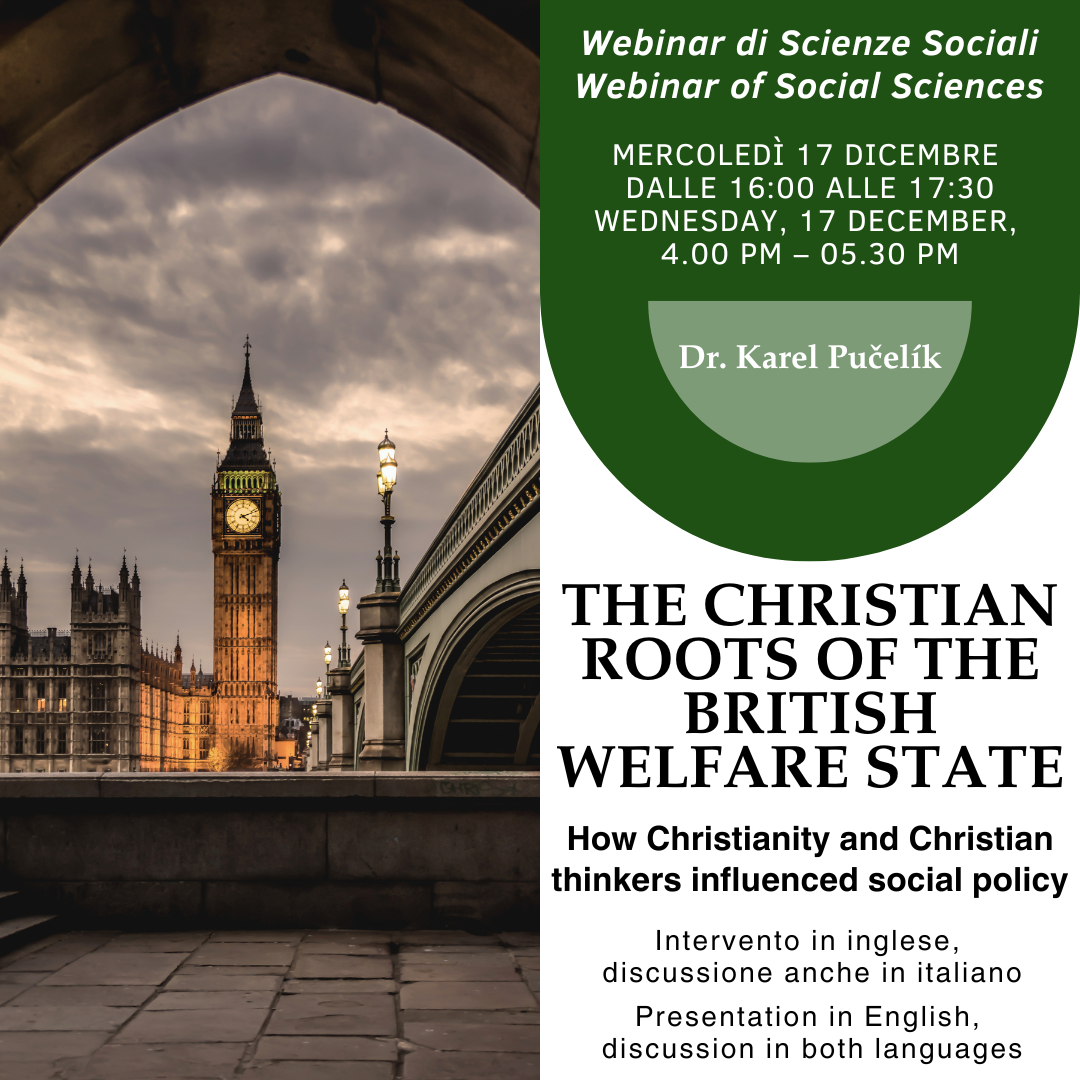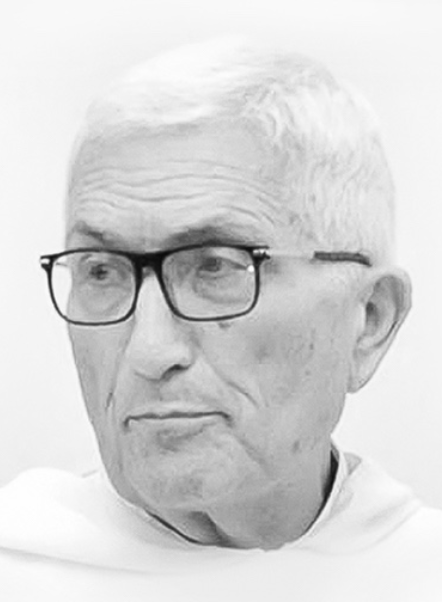It is customary to think about values as a set of propositions which are capable of leading one toward human fulfilment, provided that one "takes the initiative" of orienting oneself toward them. It is less customary to think of external events compelling one to reflect, or even act on values. In recent weeks, the Italian and international political situation have shown that external events can indeed move the conscience of individuals, and lead to the conclusion that often times it is the other way around, namely, external events "take the initiative" and cause us to reflect on personal and societal values.1 In such instances, it becomes evident that individuals and communities need to develop a sound system of values.
The teaching of religion according to the Catholic faith (in Italian: IRc), especially in the way it is conducted in Italy, represents a unique educational opportunity to transmit moral and religious values. Its specific contribution can be traced on two distinct levels: the mode of transmission, and the values themselves.
With respect to the mode of transmission, IRc is quite a unique phenomenon. On the one hand, it is an elective course that is part of the state school curriculum at every level and has a goal of engendering within the student an understanding of Italian and European art, history and culture. From this perspective, the course offering uses inclusive language and is open to all students interested in taking it. On the other hand, IRc teachers are formed and monitored by the Italian Conference of Bishops,2 even though they are State employees. The optional nature of the course, along with the twofold mandate from the State and Church, provides a unique challenge for IRc to develop creative teaching strategies in order to attract students and to effectively teach them. Furthermore, sociologists point out that Christian Churches in Europe tend to take for granted their role in society precisely because they possess an institutional consent from the faithful, whereas in the United States, faith based groups have learned long ago to become competitive,3 relevant and attractive to the public at large. In this context, IRc represents an interesting "laboratory" for the way in which Christianity strives to become relevant and market itself in a society which acknowledges and even accepts its presence, but does not fully immerse itself in her values. As far as the values that IRc intends to transmit, whereby "values" signifies the "irreplaceable categories of axiological judgement",4 it certainly shares in common with other courses the goal of transmitting the values of tolerance, respect and solidarity needed for civil co-existence and harmony. However, IRc also goes one step further and provides the conceptual framework for a critical survey of moral claims, attitudes, behaviour, and virtues, and offers the opportunity of addressing values such as honesty, reliability, and integrity as a means for growing personally. In other words, IRc deals with values de iure, and not only de facto, as other school classes.
Regarding religious values IRc has a unique opportunity to present to its vast and diverse audience, composed of Catholics, members of other Christian denominations and faiths, and even atheists, a specific content that deals with existential questions concerning the ultimate meaning of life, religions and their contribution to civilization, as well as history, philosophy and art connected with Christianity (especially the Catholic Church). Furthermore, IRc highlights the Christian roots of Europe in the development of cultures as well as the riches constituted by the Catholic faith as an answer to the most pressing questions of humankind.
2. The axiological privilege of IRc
IRc possesses a threefold advantage in transmitting values. In the first place, IRc provides the possibility of rooting personal respect and dignity not only within the framework of a merely deontological code, or within the framework of moral commitment and responsibility, but, more profoundly, within the framework of the religious awareness that the dignity of the human person finds its unconditional foundation in the Christian vision of creation and salvation. Indeed, the foundation of the Christian vision of creation and salvation provides the central core of the educational concern of the IRc teacher.5 This approach disposes the student to consent to the transmission of Christian values, which they can perceive as a means toward personal growth and fulfilment.
Secondly, IRc possesses privileged access to the ethical value of knowledge, namely, it introduces the notion that knowledge can provide a means to act and live in a manner that corresponds to human dignity and that leads to a fulfilled life. As recently stated by Pope Benedict XVI, the wisdom of religious traditions is invaluable to the human person: "the wisdom of the great religious traditions should be valued as a heritage that cannot be cast with impunity into the dustbin of the history of ideas. [...] in the course of the centuries of its existence within the community of believers a particular wisdom about life has evolved; [...] a treasury of ethical knowledge and experience that is important for all humanity. Truth means more than knowledge: the purpose of knowing the truth is to know the good".6
The Pope further states:
"What is the good which makes us true? The truth makes us good and the good is true: this is the optimism that shapes the Christian faith, because this faith has been granted the vision of the Logos, of creative Reason which, in God's incarnation, revealed itself as the Good, as Goodness itself [...]. Yet if reason, out of concern for its alleged purity, becomes deaf to the great message that comes to it from Christian faith and wisdom, then it withers like a tree whose roots can no longer reach the waters that give it life. It loses the courage for truth and thus becomes not greater but smaller".7
Thirdly, IRc, an elective which does not even count towards a student's final grade point average, helps foster an attitude of gratuitousness and gift, in contrast to a utilitarian paradigm that affects interpersonal and societal relationships. The notion of fostering within students an attitude of gift and gratuitousness is crucial because there are many needs and challenges present in society that can only be overcome by individual people freely responding in a manner consistent with the common good.8 This moral attitude, even though corresponding to an essential element of an authentic anthropology, cannot come all of a sudden, but will be the outcome of an explicit education. Fostering such an attitude - while orienting to values that are basically the same in all times - helps envision new approaches to awaken and free the moral energies of the young generations to overcome the discrepancy between a positive orientation to values clashing with fixed forms of life, and to provide needed political or social programs,9 thereby enabling them to creatively work on a positive future for Europe and the world.
The urgency of addressing current needs in education has been perceived by the Italian Conference of Bishops, which included education as part of its pastoral program for the decade 2010-2020.10 The Bishop's document suggests shaping education by the example of Jesus, who was capable of reading the deepest desires of the human heart; who invited people explicitly to follow Him; who brought into relationship the dimension of "indwelling", which is fundamental to the educational process, since education requires time, patience and perseverance; who invites people to allow themselves to be cared for and loved.11 These are all attitudes of great importance, especially when coupled with the data of experience. The latter gives evidence of a sense of weakness in younger generations,12 mostly caused by the withdrawal of adults from a commitment to education, and despite their increased autonomy, a sad awareness of their low capacity to make their deep desires matter in the decisions of adults.
3. A "quick" transmission
It is the task of every teacher to turn challenges into opportunities. Although there are many challenges present today, there are two of major relevance that can be pointed out: the first is a methodological "slowness" of the school system (at least in the way it is still institutionally organized in Italy, and other places as well), which is largely unequipped to meet the demands of an increased cognitive "speed" in the learning process of students, and which still struggles to provide access to new instruments of knowledge.13 This trend - as attested to in the data of sociology, cognitive psychology and semiotics - represents not only a change, but possibly a mega-mutation in the mental abilities of young generations, similar to the ancient transition from oral to written culture. It is a significant shift prompted by the introduction of new media and virtual reality, which implement the organization of simultaneous stimuli into knowledge (though often at the expense of the ability to follow a sequential line of thought).14 As a consequence, students prove quite quick in grasping the intuitive links between propositions, and even anticipate certain theoretical conclusions, although they often fail to perceive the importance of a thought carried out by a tradition, which implies the appreciation of a sequential and steady transmission of content and values.
The first challenge outlined above is coupled with the second difficulty of adult mimicking, which implies an increased autonomy and a desire of freedom in young generations in anticipation of adulthood. Lived experience seems to have taken precedence over study, and school is no longer seen as an institution that requires a certain kind of behaviour and which provides the basics of culture, rather, it is viewed as a place where the student brings their own private life, with all its priorities and struggles, where the student continues to encounter more experiences in relationship to others, and where study and interaction with the teachers is only one possible way of getting in touch with the universe of relationships. The time spent in school does not represent, in the mind of the student, an isolated moment, a hermitage of the mind to learn something about culture and life that will be useful later on, but rather a time of existential simultaneity of the different dimensions of the person. These features negatively impact the transmission of values in two ways: in the first place, the students tend to view only an instantaneous moment or snapshot of the virtuous (or, at least, correct) attitude and behaviour of the teacher/educator, rather than observing their long-term biographical unravelling, which is based on a narrative paradigm, namely a sequence-based form of knowledge. In other words, teachers are aware that they represent for their students lived values according to an iconic form. Interestingly enough, there seems to be a parallel between the way in which teaching must be carried out in our times and the way in which teachers portray values. In fact, teaching should no longer be characterized by an attitude of "covering the material", but rather of "teaching from the microcosm".15 Correspondingly, teachers try to transmit values not by reporting on all the specific different situations of possible moral claims, but by making available, through the moral paradigm they choose from their interpersonal relationships with students, the behavioural paradigm for the microcosm of societal relationships.
The second way in which the cultural situation affects the transmission of values is the new articulation between "freedom and discipline". "Freedom" signifies the ability to direct one's life to values voluntarily chosen (though, of course, in a progressive way, according to the age, culture and environment); while "discipline" means the ability to meet the demands of life as events bearing an appeal to a moral response. These dialectical poles have been mentioned together and conceptually intertwined as a dual unity in the celebrated letter of Pope Benedict XVI to the Diocese of Rome discussing the urgent task of education: "the most delicate point in the task of education: finding the right balance between freedom and discipline. If no standard of behaviour and rule of life is applied even in small daily matters, the character is not formed and the person will not be ready to face the trials that will come in the future. The educational relationship, however, is first of all the encounter of two kinds of freedom, and successful education means teaching the correct use of freedom."16
Accordingly, any transmission of values, moral or religious, should allow students to have access to discipline through the portal of freedom. Interestingly enough, this may be novel to many teachers who may have belonged to a generation that accomplished the opposite itinerary, that is, they learned to exercise freedom through discipline. If freedom and discipline are essential correlatives of human maturity, and if they are necessary in any educational training, IRc proves particularly suited to meet this task, since it represents par excellence the call to responsibility in the symbolic perception of the students. The voluntary nature of IRc, though remaining an institutional weakness, does have in return this educational advantage.
Moreover, the educational advantage of IRc in transmitting values lies in the possibility of realizing in a more sound way the three areas of interaction needed for any effective teaching/learning process: the intellectual (namely, the vision of teaching and learning, the form and content of ideas, the units proposed, etc...), the emotional (the way in which feelings that promote or hinder the relationship between teacher and student are perceived), and the spiritual (the ways in which the inner desires of the student are to be connected with life).17 These three levels can be referred to as the pedagogical/intellectual, the emotional/motivational and the spiritual/vocational dimensions.
4. Serving values
A delicate task in transmitting values is the attempt to awaken the students' conscience not only towards moral values, but towards religious ones to be lived in society. Young generations do not see the forms in which the faith was lived a few decades ago as morally impelling for today, therefore, it is important to provide them with the instrument of the knowledge of the Christian faith handed down throughout the centuries, to interpret and judge the ethos of a given society and to assist them in making their own choice according to the moral standards of the Catholic tradition.
The education to an awakening of conscience finds its first rule in making (explicitly, but more likely implicitly, as in most educational processes) the students aware of the distinction between "conscious action" and the "conscience of the action", as well as the link of conscience to the innermost dimension of the person and to behaviour.18 By discovering the structure of conscience, students are capable of drawing conclusions about the social and personal relevance of moral values and of many other recommended attitudes or virtues necessary for peaceful and fruitful living. Indeed, the importance of one's free and chosen orientation to values, whether moral or religious, is more easily grasped if seen in the articulation of the ways and dynamics of conscience. This approach can also prove useful in helping youth to recompose what has been defined19 as the division between the form of ethics (the categorical imperative) and its axiological content.
The transmission of moral as well as religious values is both a process and a product. It is an existential communication and is also the result for which a teacher works diligently the entire school year, and yet the positive response of the student must always be received as a gift, a sign of gratuitousness, the evidence of a silent agreement or consent of the student with values, the proof of which is the embrace between the person's conscience and values. After reading the following statements from some Roman high school students, "[...] everybody knows that if one is looking for meaning in life, one will not find it in the immediate present, but only gradually, often by choosing the most difficult path", or, "There are days that turn your life upside down and there are days that pass unnoticed, but there are also days when we have a clear perception that our conscience, no matter its environmental conditions, is nurtured by values",20 it is evident that the goal of transmitting values is indeed attainable. Of course, freedom can also be exercised in the refusal of values, and that refusal - prior to being a deteriorated version of an adherence to values - is an intrinsic possibility of the experience of growth in the orientation to values, a possible point of departure of the educational process and a living sign that moral behaviour depends totally on the person's free determination.
orientation to values, a possible point of departure of the educational process and a living sign that moral behaviour depends totally on the person's free determination.
One final remark deserves attention: a fundamental value is taught to the teacher through the process of teaching and that is the realization that the source of the moral energy to teach and to transmit values cannot be found in the process itself, but rests on a perception of the self as bound to cultivate a "ministerial spirituality", an attitude of service toward values that bears the mark of absoluteness and that is capable of anointing the conscience of each person, regardless of intelligence. This sense of mission, ministry and service are what constitute the daily bread of teachers striving to accomplish their task as "unprofitable servants" (Lk 17, 10).
NOTES:
1 Though this teaching is carried out in different ways in Europe, the "Eufres Project" aims at surveying a comparative study and establishing common paradigms.
2 An interesting reflection on the overall features of IRc and its challenges is provided by CONGREGATION FOR CATHOLIC EDUCATION, Circular Letter to the Presidents of Bishops' Conferences on Religious Education in Schools, May 5th, 2009.
3 Cfr P. BERGER - G. DAVIE - E. FOKAS, America religiosa. Europa laica? (Perché il secolarismo europeo è un'eccezione), pp. 48-55.
4 N. PETRUZZELLIS, Valori e libertà, L.E.R., Napoli-Roma 1988, p. 55.
5 Cfr. T. ROSSI - M.M. ROSSI, Linee di un Codice deontologico degli Insegnanti di Religione (Codir), Elledici, Leumann (To) 1999, p. 21.
6 BENEDICT XVI, Lecture at the University of Rome "La Sapienza", January 17th, 2008, no. 8-9.
7 Ibidem, no. 10-11. Though European Union reports contain many aspects that need to be improved, they are to be commended fot the different educational policies which consider education and formation as necessary utopias, in order to invest in human resources, to meet the challenges of modernity and globalization and to overcome a "productivist" vision of the school system: cfr G. DE SIMONE, Verso la Civiltà dell'amore: la proposta della dottrina sociale della Chiesa al mondo di oggi, outline of the lecture held at the XIV Forum Europeo per l'Insegnamento Scolastico della Religione. L'educazione a servizio della Civiltà dell'amore, Rome, April 7-11th, 2010.
8 Pope Benedict XVI recalls the truth of this anthropological view in his encyclical Caritas in Veritate, June 29th, 2009.
9 The ad hoc surveys of the World Values System and of the European Value System Study Group report the existence of encouraging as well as disappointing attitudes in the orientation of young generations to values.
10 CONFERENZA EPISCOPALE ITALIANA, Educare alla vita buona del Vangelo, Orientamenti Pastorali dell'Episcopato Italiano per il decennio 2010-2011, October 4th 2010.
11 Cfr ibidem, n. 25.
12 Cfr G. ANGELINI, Educare si deve, ma si può?, Vita e Pensiero, Milano 2002.
13 Cfr R. SIMONE, La Terza Fase. Forme di sapere che stiamo perdendo, Editori Laterza, Roma-Bari 2002, pp. 67-70.
14 Cfr ibidem, p. 17. The author adds also: "L'opposizione tra occhio e orecchio ha generato un'ulteriore opposizione, tra i prodotti tipici dell'uno e dell'altro, cioè tra i loro rispettivi emblemi. [...] Per esempio, la visione alfabetica ha come terreno privilegiato di applicazione la scrittura e in generale i testi [...] la visione non-alfabetica trova il suo terreno nella televisione, negli oggetti che essa presenta e nell'enorme varietà di stimoli visivi che caratterizzano il nostro tempo": ibidem, p. 20.
15 Cfr P. J. PALMER, The Courage to Teach, Exploring the Inner Landscape of a Teacher's Life, Jossey-Bass, A Wiley Company, San Francisco (CA) 1998, pp. 115-132.
16 BENEDICT XVI, Letter to the Faithful of the Diocese and City of Rome on the Urgent Task of Educating Young People, January 21st, 2008.
17 Cfr P. J. PALMER, The Courage to Teach, op. cit., pp. 1-7.
18 Cfr K. WOJTYLA, The Acting Person. A Contribution to Phenomenological Anthropology, Springer, New York 1979, part I, chpt. 1.
19 Cfr A. RIZZI, Alla ricerca del fondamento etico: il ruolo della coscienza, in Aggiornamenti Sociali 1/1997, p. 85.
20 hese are only two among the many quotations, taken from the Lettera aperta a Benedetto XVI (a reflection on the words of the Pope), collectively composed by class III D of the J.F. Kennedy High School in Rome), in the school year 2008-2009, par. 4.
NOTE: The English has been revised by Rev. Father Peter Marsalek, STD, Second Assistant of the SOLT, President of John Paul II High School, in Corpus Christi, Texas.
 IT
IT  EN
EN 
